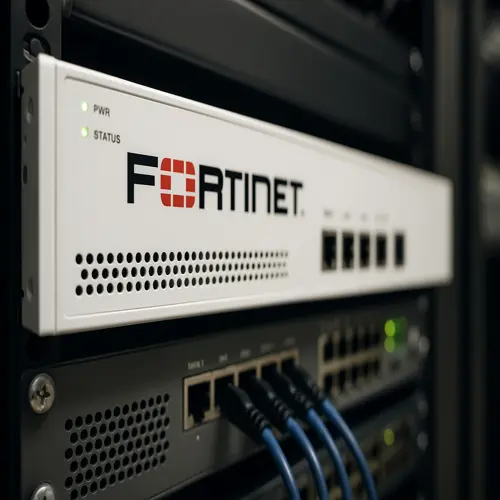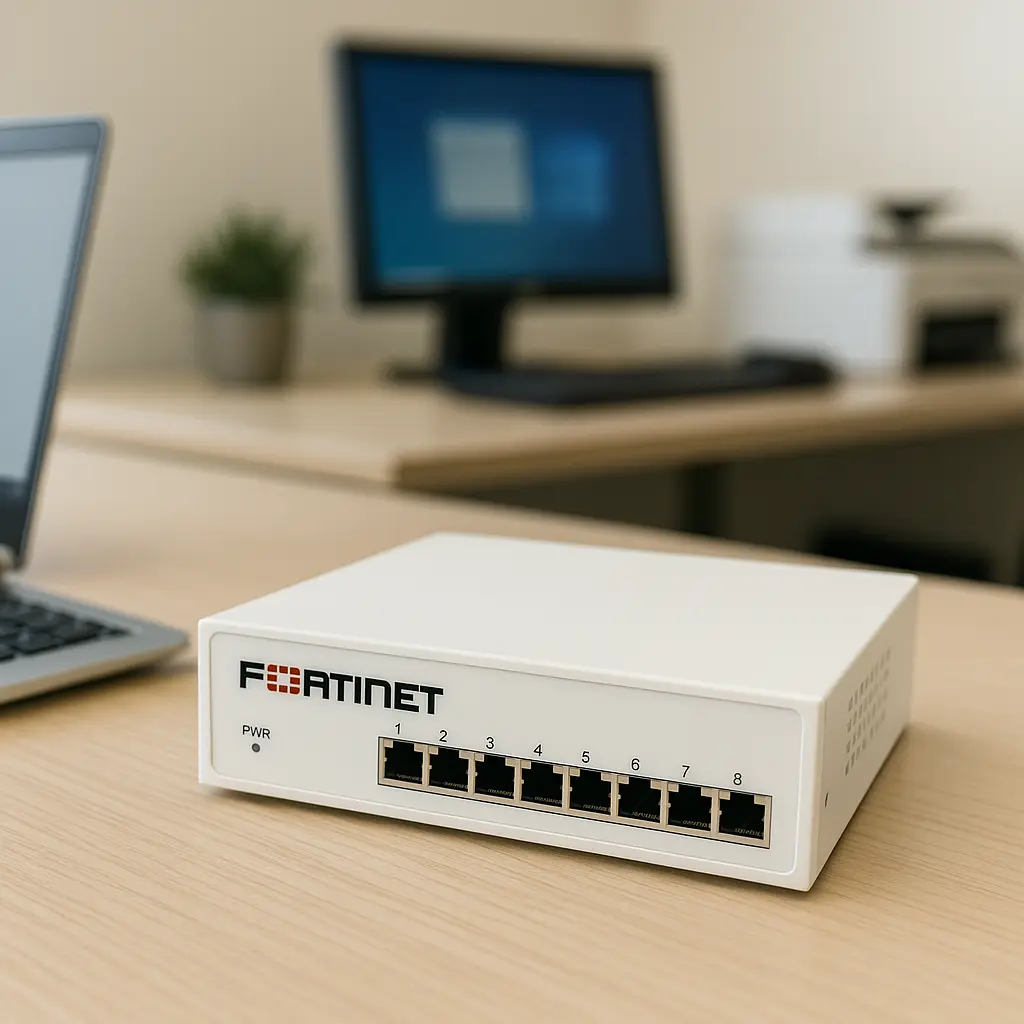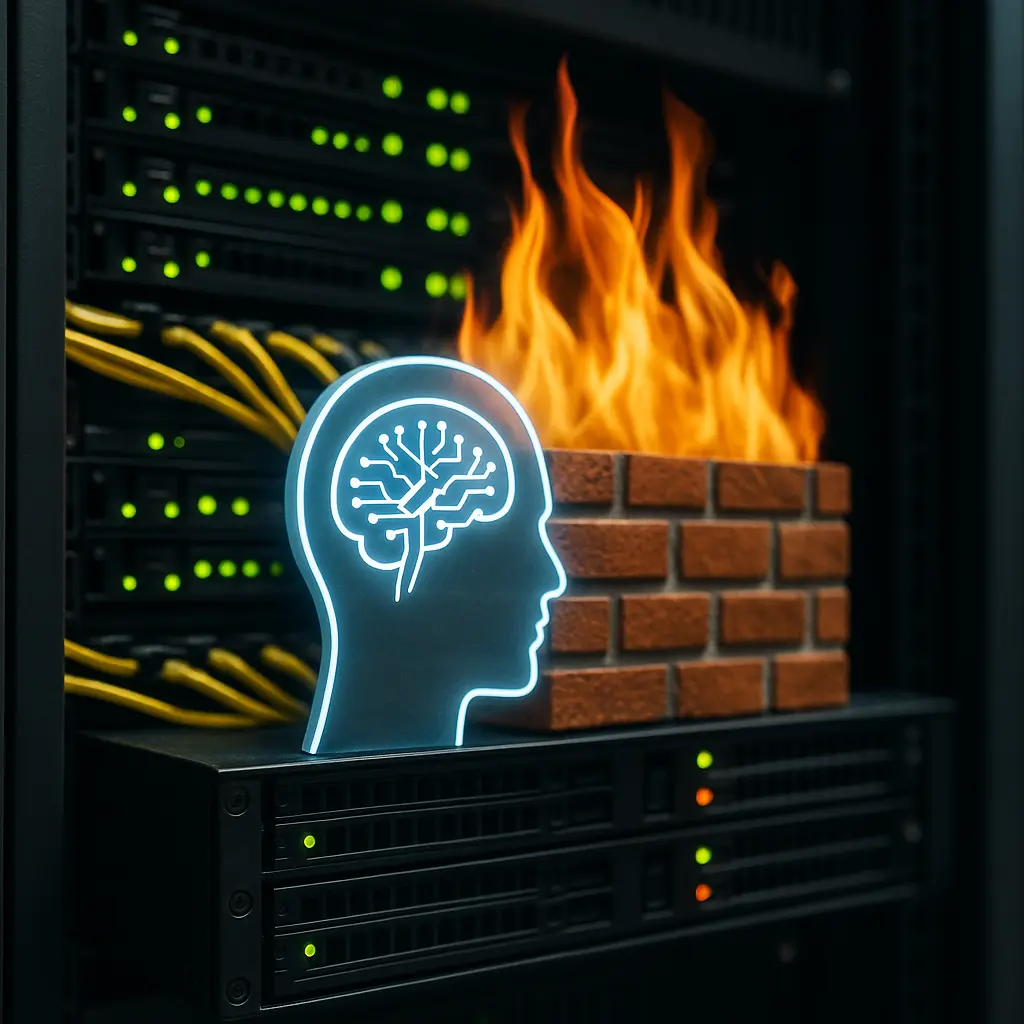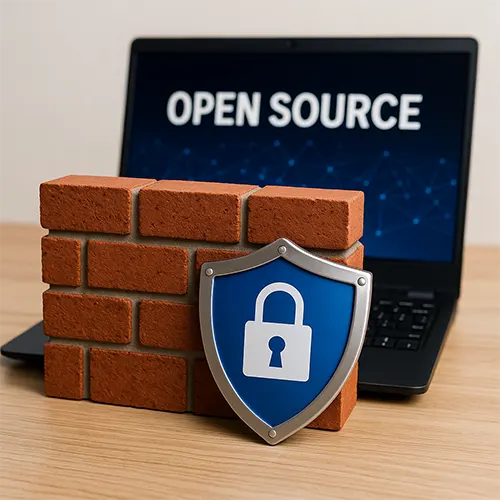FortiSIEM vs FortiAnalyzer: Choosing the Right Fortinet Security Solution for Your Needs
Understanding the Core Functionality
When choosing between FortiSIEM and FortiAnalyzer, decision makers often face confusion. While both tools enhance security visibility and threat intelligence, they serve very different purposes in a cybersecurity strategy.
In this comprehensive comparison, we’ll break down features, deployment use cases, target users, reporting capabilities, and more to help you make an informed decision. Whether you’re securing an enterprise SOC or enhancing FortiGate visibility, this guide is for you.
Before comparison, let’s briefly define each product:
What Is FortiSIEM?
FortiSIEM is Fortinet’s Security Information and Event Management (SIEM) platform, designed for real-time visibility, automated threat detection, and compliance management across hybrid environments.
Its primary function is to collect, analyze, and correlate security event logs from various sources across your network, including firewalls, intrusion detection/prevention systems (IDS/IPS), servers, applications, and endpoints. FortiSIEM helps identify potential security threats, provides real time visibility into security incidents, and aids in compliance reporting.
🔵Key Features of FortiSIEM
- Centralized event correlation from multi-vendor devices
- Machine learning-powered anomaly detection
- Asset discovery and behavior analytics
- Compliance reports (HIPAA, PCI-DSS, GDPR)
- Real-time alerts for security incidents
- Automated workflows (SOAR capabilities)
🔵Ideal For:
- Large enterprises
- Managed Security Service Providers (MSSPs)
- Organizations needing unified threat visibility across multiple locations and vendors
What Is FortiAnalyzer?
FortiAnalyzer is a log management, analytics, and reporting platform, tightly integrated with the Fortinet Security Fabric.
It securely aggregates logs from Fortinet devices (like FortiGate firewalls, FortiClient, FortiWeb, etc.) and provides in depth visibility into network traffic, security events, application usage, and more. FortiAnalyzer excels at long term log retention, forensic analysis, and generating comprehensive security and compliance reports.
🔵Key Features of FortiAnalyzer
- Centralized logging for FortiGate, FortiMail, FortiWeb
- Visual reports and security dashboards
- Event correlation (limited compared to SIEM)
- IOC (Indicators of Compromise) tracking
- Threat hunting within Fortinet ecosystem
🔵 Ideal For:
- Mid-sized businesses
- Organizations already using FortiGate firewalls
- Security teams needing reporting and log retention
Key Differences: FortiSIEM vs FortiAnalyzer
| Feature | FortiSIEM | FortiAnalyzer |
| Type | SIEM | Log Analyzer |
| Use Case | Threat detection, correlation | Logging, reporting, compliance |
| Third-party Integration | Extensive (multi-vendor) | Limited (mainly Fortinet) |
| Automation/SOAR | Yes | No |
| User Behavior Analytics | Yes | No |
| Compliance Support | Advanced (HIPAA, PCI, etc.) | Basic |
| Target Size | Enterprise, MSSP | SMB, FortiGate users |
| Cost Range | Higher | Lower |
While both FortiSIEM and FortiAnalyzer deal with security data, their focus and capabilities differ significantly. Here’s a breakdown of the key distinctions:
Data Sources
FortiSIEM:
Collects logs and events from a wide range of vendors and technologies, including Fortinet and third-party devices, operating systems, applications, cloud services, and more. Its strength lies in its vendor-agnostic approach to provide a holistic security overview.
FortiAnalyzer:
Primarily designed to collect and analyze logs specifically from Fortinet security devices. While it can integrate with some external systems, its core functionality is deeply tied to the Fortinet ecosystem.
Analysis and Correlation
FortiSIEM:
Performs real-time analysis and correlation of events from disparate sources to identify complex security threats and anomalies. It uses sophisticated rules, threat intelligence feeds, and behavioral analysis to detect potential incidents that individual devices might miss. This allows for proactive threat detection and faster incident response.
FortiAnalyzer:
Focuses on log aggregation, indexing, and historical analysis. It provides powerful tools for searching through large volumes of logs, generating detailed reports, and conducting forensic investigations after a security event has occurred. While it offers some basic analytics, it lacks the advanced real time correlation capabilities of a dedicated SIEM.
Reporting and Compliance
FortiSIEM:
Offers customizable dashboards and reports focused on real-time security posture, incident trends, and compliance adherence. Its reporting capabilities are geared towards providing actionable insights for security operations and demonstrating compliance with various regulations.
FortiAnalyzer:
Excels in generating comprehensive and customizable reports on network traffic, security events, application usage, and compliance based on the detailed logs it collects from Fortinet devices. It offers a wide range of pre-built reports and allows for the creation of custom reports for specific needs.
Incident Response
FortiSIEM:
Plays a crucial role in incident response by providing real-time alerts on potential threats, offering a centralized view of security incidents, and facilitating investigation and remediation workflows. It can integrate with other security tools to automate response actions.
FortiAnalyzer:
Primarily supports incident response through its robust log search and forensic analysis capabilities, allowing security teams to investigate the root cause and scope of security incidents after they have been detected.
Scalability and Architecture
FortiSIEM:
Designed to handle large volumes of data from diverse sources and scale to accommodate growing environments. It often employs a distributed architecture to manage data collection, processing, and storage.
FortiAnalyzer:
Offers scalable log management and reporting capabilities, particularly within a Fortinet-centric environment. Its architecture is optimized for handling logs from Fortinet devices efficiently.
Use Cases: When to Choose Which
Understanding the ideal use cases for each solution can further clarify the FortiSIEM vs FortiAnalyzer decision:
When to Use FortiSIEM
- You have heterogeneous environments with multiple vendors
- You want advanced threat correlation and behavioral analytics
- You manage compliance frameworks
- You need SOAR capabilities for faster response
Choose FortiSIEM if:
- You need a centralized platform for real-time threat detection and incident response across a multi-vendor security environment.
- Your organization requires advanced security analytics and correlation of events from diverse sources.
- Proactive identification and mitigation of potential security threats is a top priority.
- You need comprehensive and customizable security dashboards and alerts for your security operations center (SOC).
- Compliance mandates require you to correlate logs from various systems to demonstrate adherence.
When to Use FortiAnalyzer
- You primarily use Fortinet products
- You want centralized reporting and log retention
- You’re focused on cost-effectiveness
- You don’t need deep analytics beyond FortiGate
Choose FortiAnalyzer if:
- Your security infrastructure is predominantly based on Fortinet devices.
- You require robust and centralized logging, reporting, and analysis of Fortinet security data.
- Long-term log retention and detailed forensic analysis are critical for your organization.
- You need to generate comprehensive compliance reports based on Fortinet device logs.
- You are looking for deep visibility into network traffic, security events, and application usage within your Fortinet ecosystem.
- The Power of Integration: Leveraging FortiSIEM and FortiAnalyzer Together
It’s important to note that FortiSIEM and FortiAnalyzer are not mutually exclusive. In fact, they can complement each other to provide a more comprehensive security posture. FortiAnalyzer can serve as a valuable log source for FortiSIEM, providing detailed logs from Fortinet devices that FortiSIEM can then correlate with events from other systems for enhanced threat detection and analysis. This integrated approach offers the benefits of both real-time threat detection and in-depth log analysis and reporting.
Real-World User Reviews & Feedback
🧾 FortiSIEM:
“FortiSIEM gives us a single pane of glass for incident detection across multiple vendors. Deployment takes time, but the results are worth it.” — Security Analyst, Healthcare Industry
🧾 FortiAnalyzer:
“Simple to deploy and effective for daily log reporting from our FortiGate. But if you’re looking for threat correlation, go for FortiSIEM.” — Network Engineer, SMB
Conclusion, Which Tool Should You Choose?
If your goal is enterprise-wide visibility and automated threat detection across various vendors, FortiSIEM is the right fit.
If your need is centralized log retention, compliance reports, and monitoring within Fortinet, then FortiAnalyzer is sufficient — and more cost-effective.
Still unsure? As an official Fortinet distributor in Dubai, Netwise provides expert consultation and custom recommendations tailored to your security architecture.
FAQ Section
What is the main difference between FortiSIEM and FortiAnalyzer?
Answer:The main difference lies in their primary function. FortiSIEM is a Security Information and Event Management (SIEM) system focused on real-time threat detection and correlation across diverse security devices. FortiAnalyzer is a centralized logging and reporting appliance primarily for Fortinet devices, focusing on log aggregation, analysis, and compliance reporting.
Do I need both FortiSIEM and FortiAnalyzer?
Answer: Not necessarily, it depends on your organization’s specific needs. If you have a predominantly Fortinet environment and require robust logging and reporting, FortiAnalyzer might suffice. However, if you need real-time threat correlation across a multi-vendor environment, FortiSIEM is crucial. Many organizations benefit from deploying both for a comprehensive security posture, with FortiAnalyzer providing detailed logs to enhance FortiSIEM’s analysis.
FortiAnalyzer provide threat intelligence?
Answer: Yes, FortiSIEM can certainly collect and analyze logs from FortiGate firewalls and other Fortinet devices, correlating them with data from other sources for threat detection. FortiAnalyzer primarily focuses on log analysis and reporting based on the logs it receives. While it benefits from Fortinet’s security intelligence through the devices it manages, it doesn’t have the same real-time threat correlation and incident management capabilities as FortiSIEM.




